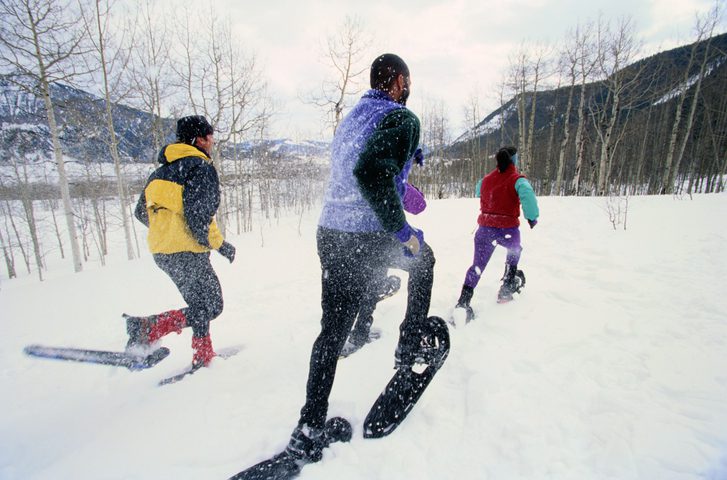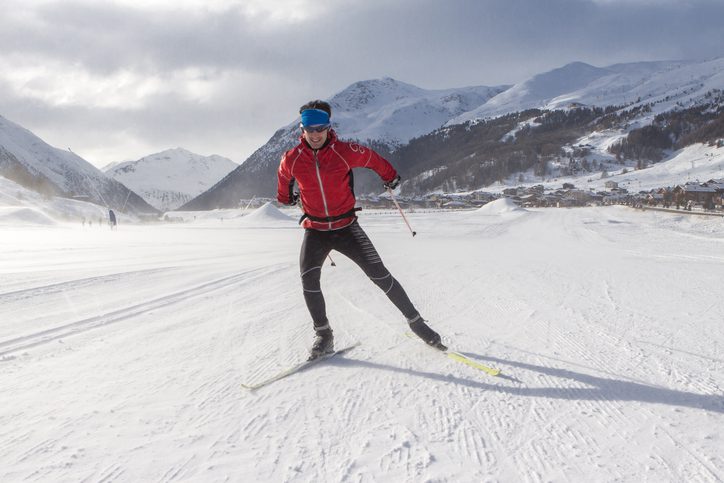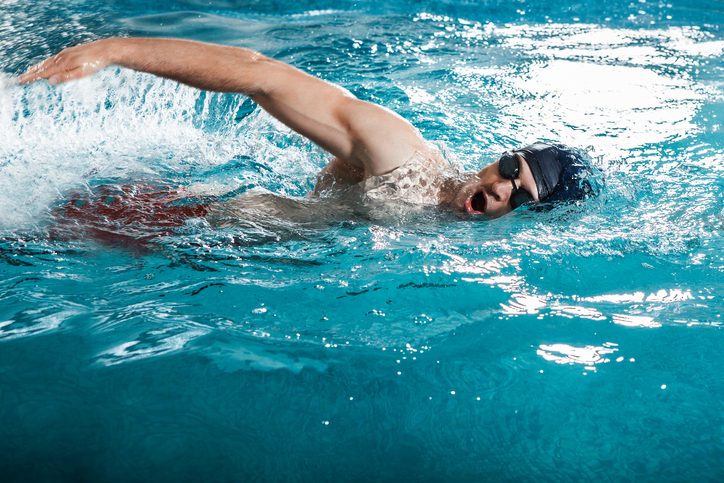Choosing the right off-season plan
Triathlon training is repetitive, so being flexible and creative during the off-season is a great way to fight burnout while making progress. Training doesn’t have to be rigid and serious all year long. Add some creativity and start 2019 ready for a strong season.

— by Melanie McQuaid
Every athlete benefits from switching focus away from strict triathlon training during the off-season. Five months is plenty of time to get ready for a peak event, so the dead of winter is not a good time to be digging deep for top racing fitness. The off-season presents great opportunities for physical recovery, mental refreshment, strength improvement and skills development or improvement.
The ideal “off-seasoning” plan should be tailored to the athlete’s level and intensity of the recently completed season. A long season with a focus on multiple long distance events, frequent travel and high training volume creates substantial cumulative fatigue. In contrast, a season with an emphasis on short course events, moderate travel and training five to eight hours per week results in minimal cumulative fatigue. Accordingly, the off-season plans for pro athletes and experienced age-group athletes ending long seasons should differ from that of beginner or recreational triathletes.
“The Switch Gears” plan is designed for experienced athletes needing a long break and “The Challenge Plan” is for novice and recreational athletes who don’t need an extended break. These two off-season programs create improvement for triathletes during the off-season, while allowing for a break to prevent burnout.
The Switch Gears Plan
For athletes at the end of a long, exhausting season, improvement only occurs after a full recovery. This plan starts with a complete break of one to four weeks of rest or easy training at active recovery pace. Then a block of unstructured training begins.
The next four to eight weeks are spent training according to a flexible volume goal. Athletes choose their activity based on what they feel like doing, and there is built-in flexibility for weather, group opportunities and individual interest. Winter sports are great supplemental aerobic conditioning and create a break from the monotony of triathlon training – with added fitness gains. Sports such as cross-country skate skiing, skating, ice hockey and snowshoeing introduce lateral strength and stability to the glutes and hips. Other good options for off-season cross training are rock climbing, racquet sports and team sports, such as basketball, soccer and ultimate Frisbee. Building strength across more planes of motion builds more robust injury resistance and translates to better summer performance.
A full recovery followed by a block of aerobic development creates a solid foundation for race-specific fitness. Even with the maximum four-week recovery, spending eight weeks working on aerobic fitness with cross-training results in minimal de-training for experienced athletes. Within about four weeks of training, most of the fitness from the previous season returns and further gains can begin.
The Challenge Plan
Athletes finishing the season without significant accumulated training and fatigue don’t need a long training break. Beginner and recreational triathletes fall under this category. With fewer lifetime hours of triathlon training, these athletes benefit from continuing their development in the off-season sooner. Taking time away from the race season training routine while keeping an eye on triathlon-specific improvement is ideal.
With this off-season plan, the challenge goal is a nice carrot dangling in the immediate future. With races months away, a short-term goal is motivating, as it creates more immediate urgency in training. The structure of this challenge should match any gaps in ability in triathlon.
Ideas
- Swim, bike or run every day for 30 days (frequency focus)
- Set a large target mileage focus for a month for one of three sports (for example, average 10 km swimming per week for a month)
- A strength challenge such as five minutes of planks every day for 30 days
- A mobility challenge like 30 minutes of dynamic stretching every day for 30 days
- A mental training focus of 15 minutes of meditation every day for 30 days
This block should be challenging but not exhausting. Starting your pre-season triathlon training resting from the off-season is not beneficial. The challenge should address a weakness, have a defined measure of success and not risk injury or create significant fatigue.
Triathlon training is repetitive, so being flexible and creative during the off-season is a great way to fight burnout while making progress. Training doesn’t have to be rigid and serious all year long. Add some creativity with one of the above plans and start 2019 ready for a strong season.
Melanie McQuaid won Triathlon Canada’s Multisport Athlete of the Year award after winning the ITU World Cross Triathlon Championships in Penticton, B.C., last year.


